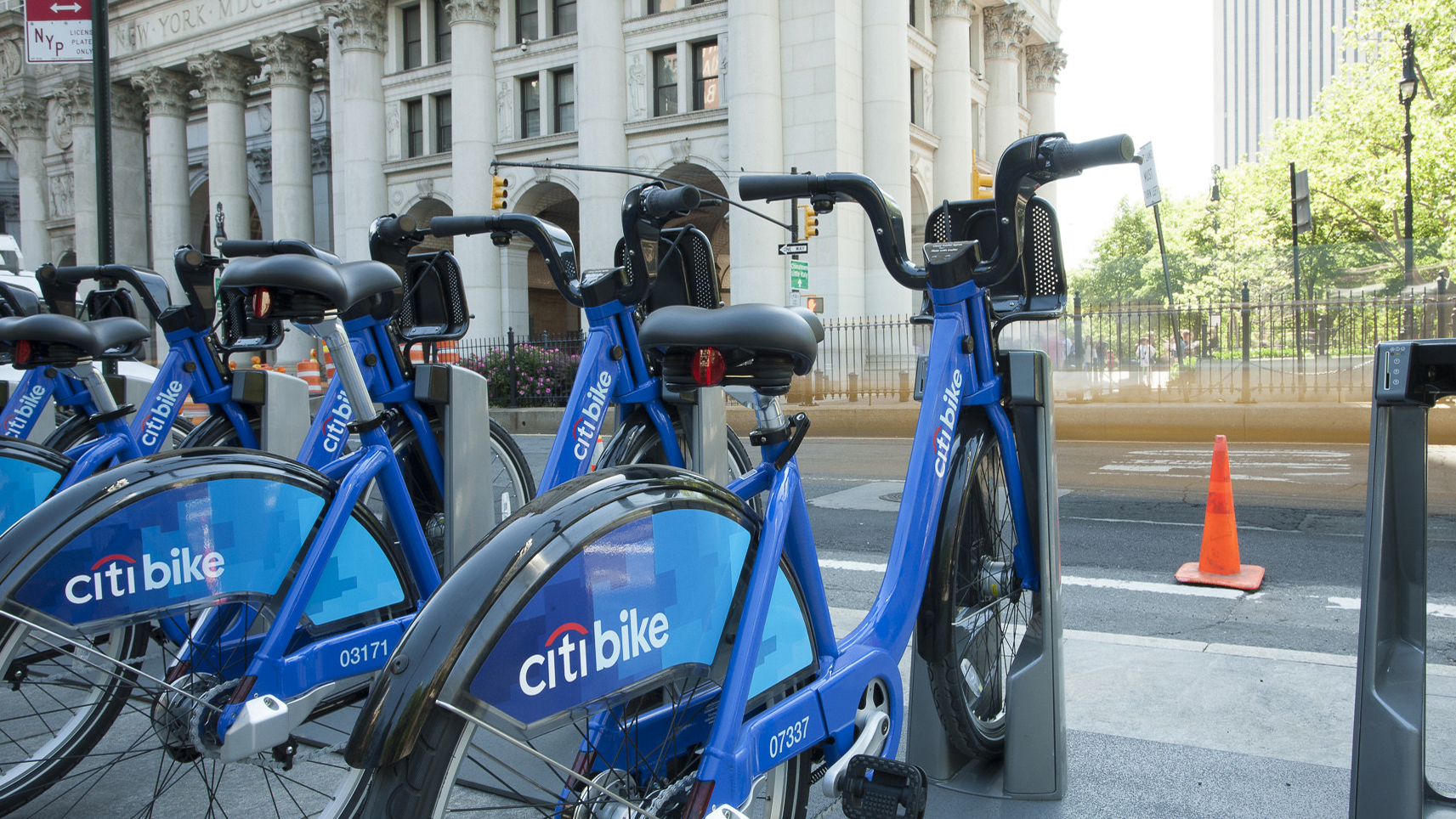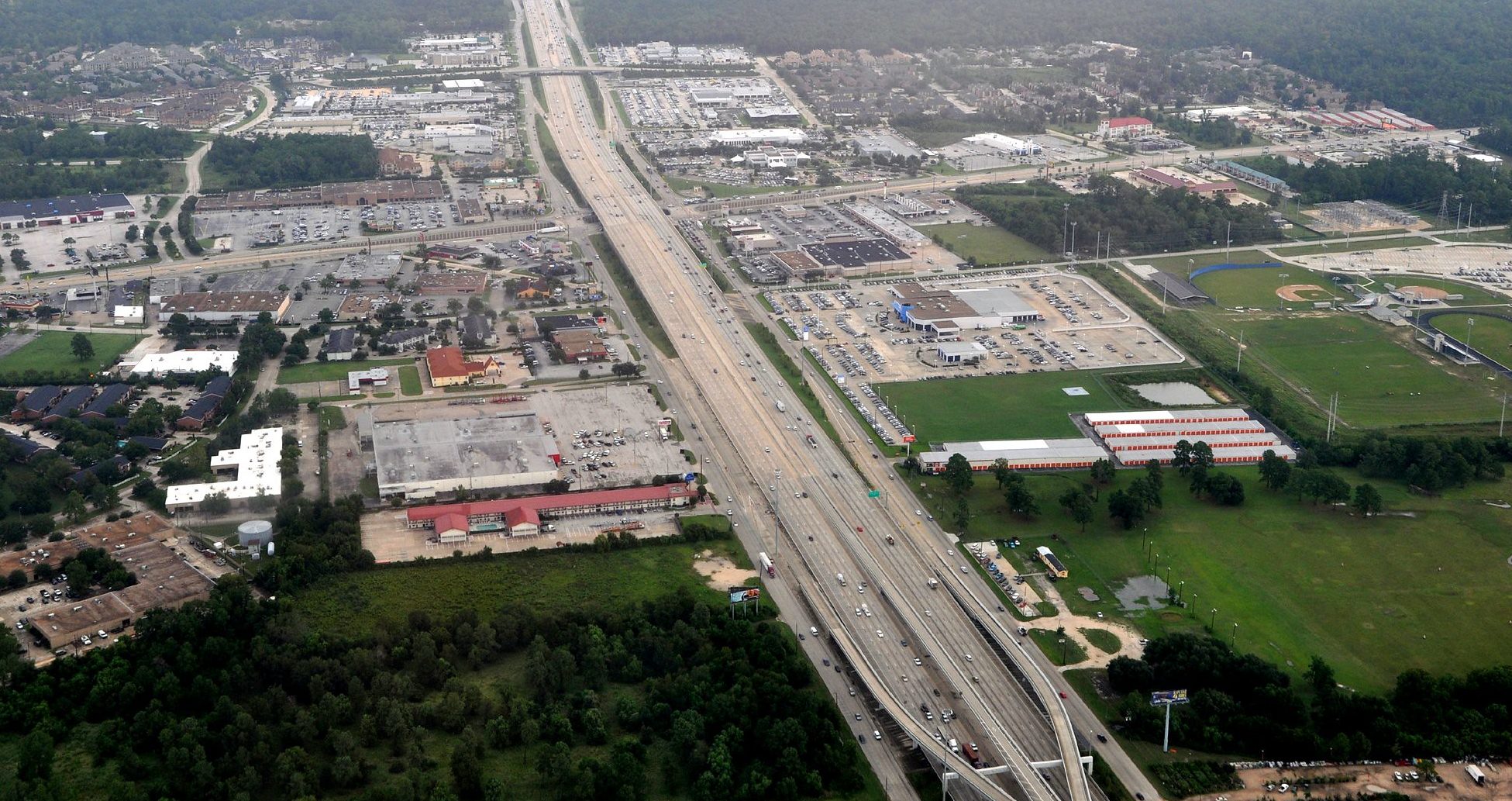A few key changes to the DC zoning code could help make housing more affordable, streets more walkable, transit more convenient, and healthy foods more accessible. Years of debate and delay have watered down the reforms somewhat, but they still represent substantial progress. And now it looks like they will pass.

New zoning rules will cut parking requirements in half near metro stops and frequent bus corridors. Photo: Virtual Tourist
Cheryl Cort of the Coalition for Smarter Growth files a status report at Greater Greater Washington:
The DC Zoning Commission has been deliberating on the zoning update this week. The commissioners embraced most of the DC Office of Planning’s proposals while even rejecting at least one of OP’s recent steps backward.
Buildings near transit (including priority bus corridors) will be able to have half the parking that’s otherwise required if they are willing to forego residential parking permits. Homeowners will be able to put accessory apartments inside their houses without a special hearing, but will have to go through one to use a carriage house. And corner grocery stores will be able to open in residential row house areas if they sell fresh food.
This is a major milestone in the grueling zoning regulations revision process that began in 2007 just after the DC Council adopted the 2006 Comprehensive Plan. Opponents of the update repeatedly asked the commission and the Office of Planning and for more outreach, more meetings, and more delay. In response, officials stretched out the process and added dozens of meetings, fact sheets, and hearings throughout the city. But the process now has an end in sight.
After a few more discussions, a new draft zoning code will be prepared for the city and presented for public comment. These reforms sound like no-brainers to help increase the number of housing units available at lower prices and reduce the share of valuable transit-accesible land consumed by parked cars.
Elsewhere on the Network today: Urban Indy thinks that Indianapolis should hesitate to gloat about all the riders Pacers Bikeshare is attracting six months after opening. ATL Urbanist reports that Atlanta’s MARTA will use elements of tactical urbanism to incorporate public feedback into the redesign of two stations. And FABB Blog shares new data showing how residents of metro DC are flocking toward transit hubs.





